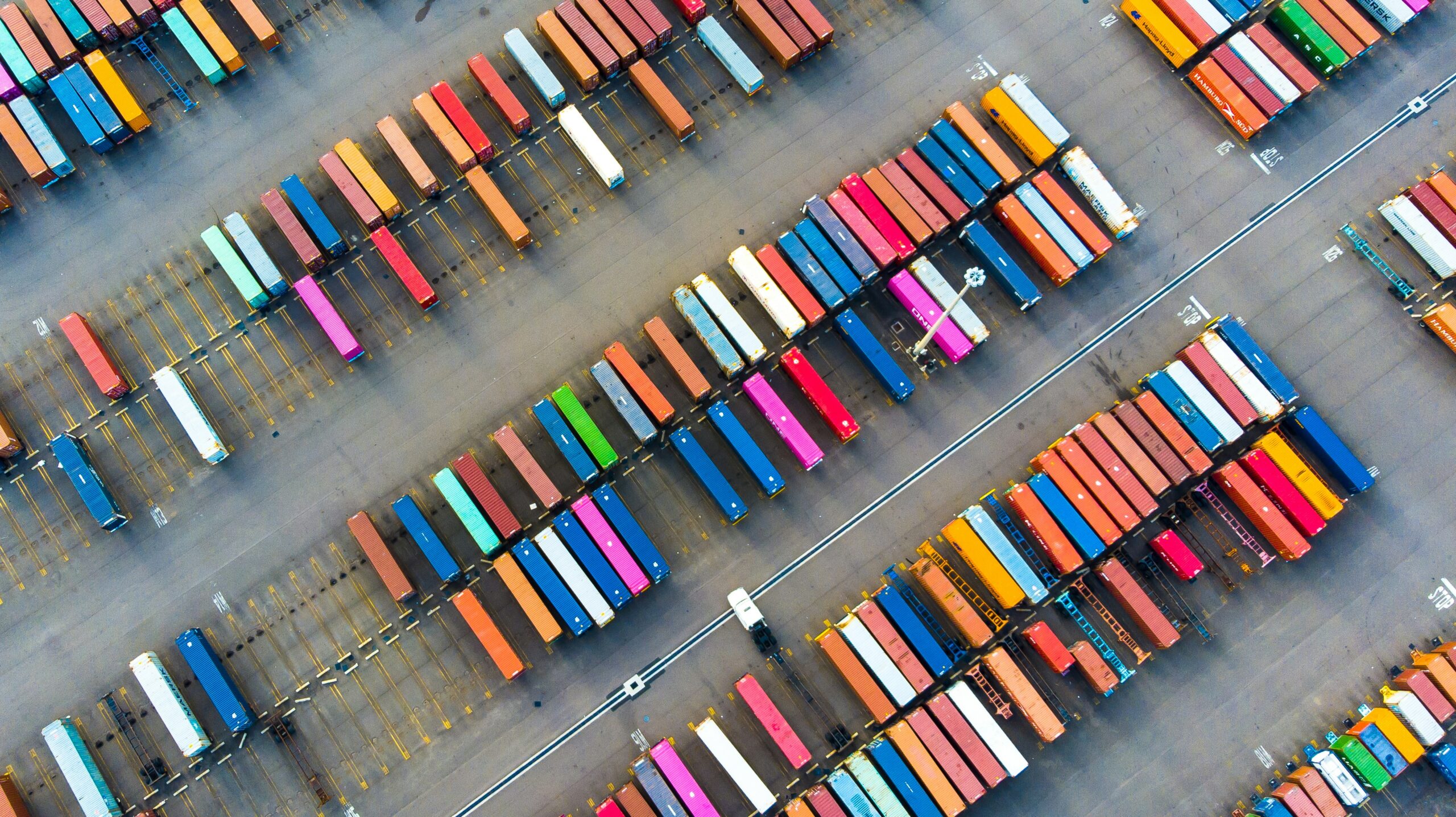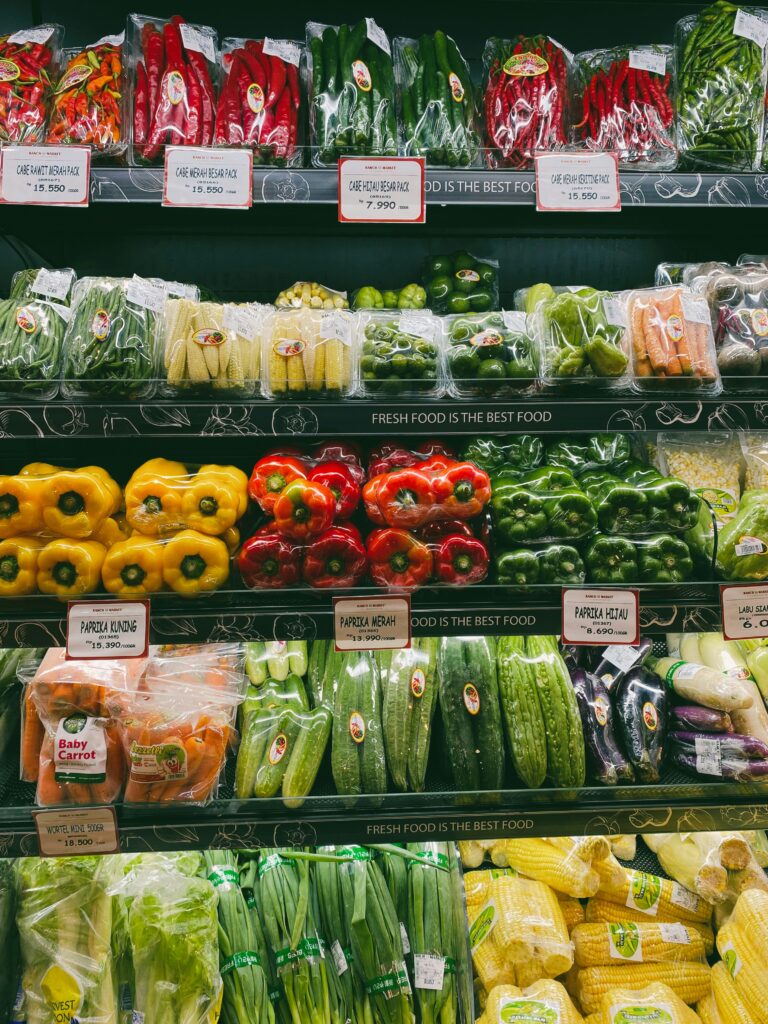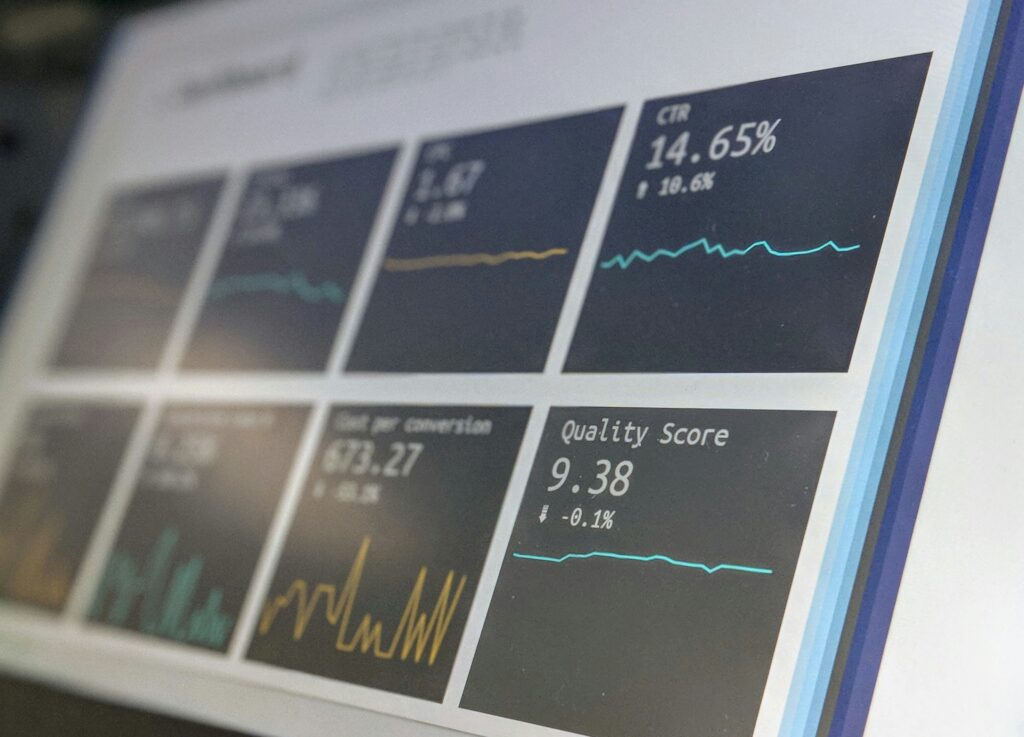Do customs brokers ensure tariff code compliance?
Topics

Customs brokers have long been essential partners for businesses operating in the complex world of international trade. They play a crucial role, helping businesses clear goods efficiently across borders, preparing documentation, calculating duties and taxes and facilitating compliance with international trade regulations.
However, relying solely on brokers for tariff classification might leave your business open to risk. Ultimately, responsibility for accurate classification remains with the importer, not the broker. Misclassification can lead to customs delays, penalties and costly audits – consequences that importers themselves must bear.
If you’re an importer, are you prepared for that? Here, we look at why relying on accurate tariff codes from brokers alone may lead to risk, and how brokers can work more seamlessly with importers and customs classification experts to guarantee a greater level of compliance when it comes to tariff codes.
When tariffs are constantly in a state of flux, as they are today, it pays to have tariff code experts to hand to guide you through the potential pitfalls of classification.
Why relying solely on brokers opens importers to risk
Customs brokers play an important role in international trade by facilitating the clearance of goods across borders. They act as intermediaries between businesses and customs authorities, preparing essential documentation, calculating duties and taxes, and ensuring compliance with relevant trade regulations. But…while brokers help streamline customs procedures, their job at assigning tariff codes to calculate the appropriate duties and taxes relies on the accuracy of the product information they have to hand, provided by the importer. In most cases this can be lacking at best. Yet, many businesses believe that because they have outsourced the job to brokers, the responsibility lies with them to get tariff codes and customs documentation 100% right.
Wrong.
The responsibility to get tariff codes correct lies with the importer.
Accurate tariff classification requires a comprehensive, in-depth understanding of your goods. Something only importers themselves, and their suppliers know about.
This means everything from materials, specifications, packaging, uses, and even minor variations in fat quantities when it comes to food items which often require another level of detail. You can read more about the complexities of food classification. Without this detailed insight, classification errors become more likely, which can potentially lead to customs delays, penalties or even time-consuming audits (for repeat instances).
A collaborative approach is key, underpinned with digital tools
Trade compliance is a strategic and collaborative process, not something that is easily outsourced to brokers. By recognising the limitations of a broker-dependent model, businesses can assess what adjustments they need to make to their current approach to improve compliance standards.
Customs brokers can greatly enhance their service and the accuracy of tariff classification by utilising digital classification platforms like TariffTel. By adopting digital tools, brokers are equipped with a robust framework for capturing and maintaining detailed product information, improving accuracy and simplifying compliance.
Using TariffTel enables brokers to:
-Access comprehensive and accurate product data.
-Conduct regular audits and demonstrate rigorous due diligence to importers
-Significantly reduce the risk of errors, penalties and costly audits which importers could face as a result of misclassification.
Digital platforms like TariffTel provide brokers with real-time, accurate information, facilitating faster and more compliant tariff classifications. This collaborative approach ensures that brokers can better support their clients, minimise risk and deliver greater long-term value.
Ultimately, accurate tariff classification is a shared responsibility. Investing in solutions like TariffTel strengthens this partnership, removes ambiguity and increases accuracy. It gives brokers and importers the assurance that they can avoid unnecessary costs, remain compliant and keep goods moving quickly and smoothly across borders.
Discover how TariffTel makes tariff code classification simpler, smarter and more reliable for brokers and importers alike. Get in touch for a demo and to hear more.
Other Useful Resources
What’s ahead for customs classification in food in 2025?
The global appetite for unique and sustainable food and drink products is booming, creating exciting opportunities for e...
How incorrect HS codes are driving up costs (and how to stop it)
Accurate customs classification can make or break a business’s bottom line. Yet, many companies underestimate the impo...
Unlocking the power of data and the role of AI classification
Customs classification is the backbone of global trade compliance, ensuring products are categorised accurately under th...



